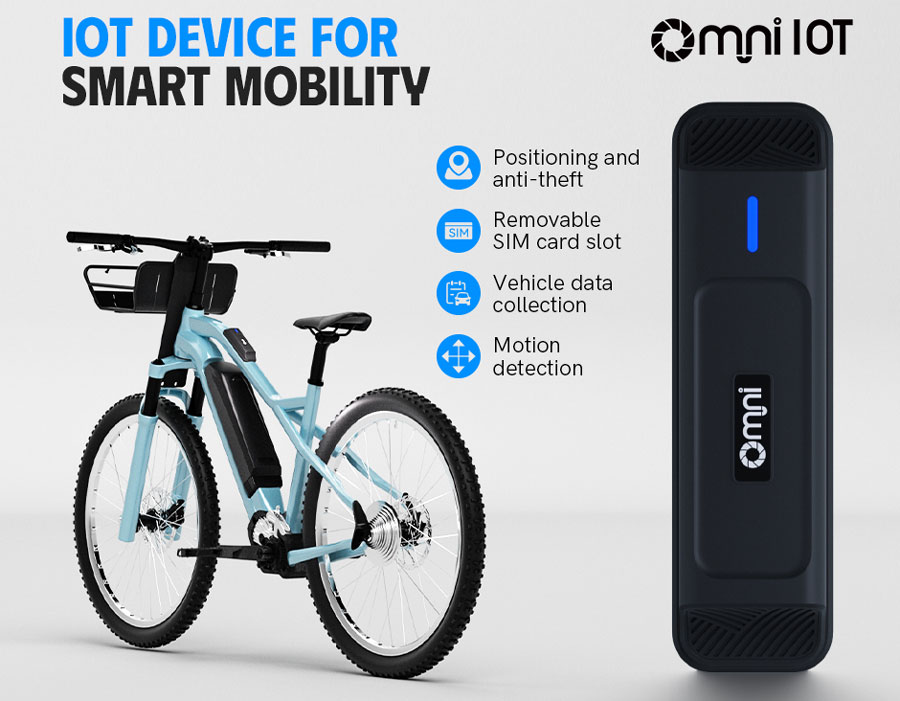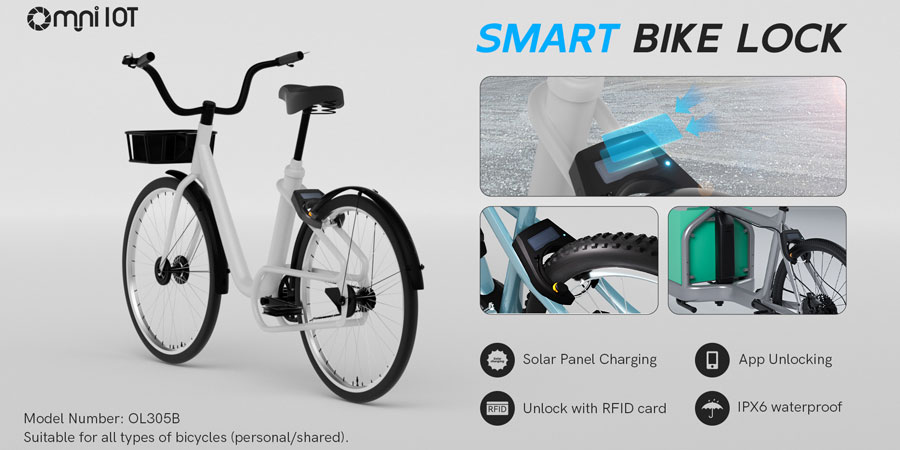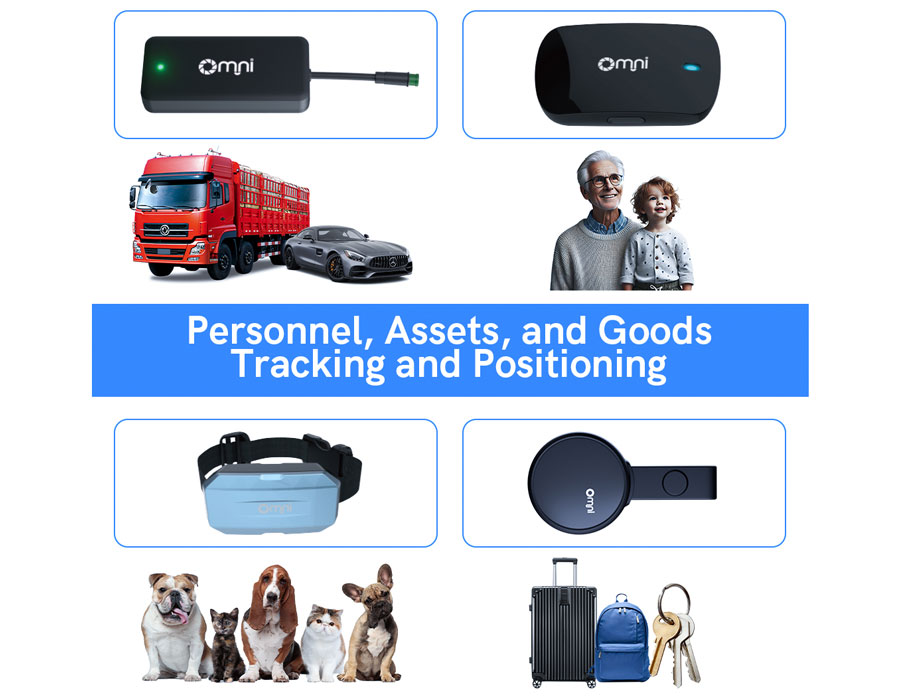RTK and GPS each have their advantages and applicable ranges.RTK technology has a clear advantage in areas requiring high-precision
positioning,while GPS is more practical and economical for daily navigation and in-car positioning.
Choosing Between RTK and GPS: Tailoring Technology to Application Needs
Typically,many operators and vehicle retailers equip all their vehicles for sale in the B2C market with IoT devices to make their products
smart,allowing end users to remotely control their vehicles by paying a small subscription fee.For applications requiring static positioning
and navigation,traditional GPS technology is more suitable.For companies in the field of smart vehicles and other services,the choice
between RTK and GPS technology should depend on specific application scenarios and requirements.For real-time dynamic and high-precision
measurement applications,RTK technology may be the better choice.

There are significant differences in the use of RTK and GPS technologies in smart mobility,vehicle positioning,and bike-sharing rentals,
particularly in terms of positioning accuracy,usage environment,and ease of operation.RTK technology is suitable for real-time dynamic and
high-precision measurement applications,offering real-time data,high accuracy,and eliminating the need for complicated setups.
Let’s take a closer look at the differences between RTK and GPS.
In terms of positioning accuracy:RTK technology typically outperforms traditional GPS technology,providing centimeter-level precision,
especially in indoor and concealed areas where traditional GPS may perform poorly.

In terms of usage environment:RTK technology is better suited for applications requiring real-time dynamics and high-precision
measurements,such as land surveying and construction layout.Traditional GPS technology is more appropriate for static positioning and
navigation applications.In smart mobility,bike-sharing,e-bike rentals,and vehicle positioning industries,using GPS navigation technology
is sufficient.However,if some operators have unique needs,they can also adopt RTK positioning technology.
In terms of ease of operation:RTK technology is simpler to operate,allowing for real-time access to high-precision data without
complicated setup processes.Traditional GPS technology,on the other hand,requires some initialization and data processing.

Each positioning technology has its strengths and weaknesses.
Today,we will analyze the specific pros and cons of RTK and GPS.
RTK technology generally has a higher cost than GPS navigation technology and is more susceptible to electromagnetic interference.
However,RTK has many advantages,including real-time dynamic high precision,no complicated setup,and suitability for real-time measurements.
In contrast,GPS technology is relatively less expensive and easier to operate than RTK.However,the positioning accuracy of GPS is
significantly affected by environmental factors,such as indoor or concealed areas,and it requires a longer initialization process.




